You may also be interested in
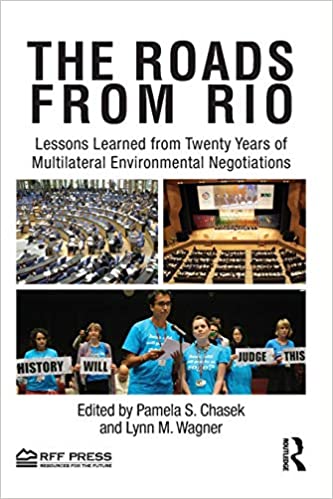
The Roads from Rio: Lessons Learned from Twenty Years of Multilateral Environmental Negotiations
The text discusses key lessons learned from two decades of multilateral environmental negotiations, emphasizing insights gained since the Rio conference.
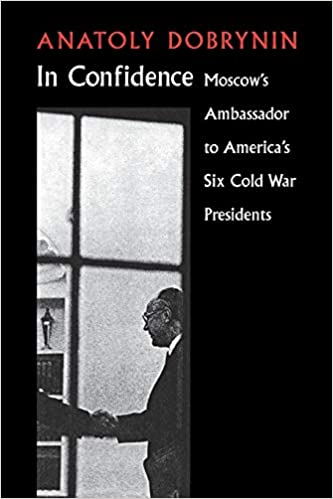
In Confidence: Moscow’s Ambassador to Six Cold War Presidents
The book "In Confidence: Moscow's Ambassador to Six Cold War Presidents" gives an inside look at diplomatic relations during the Cold War by sharing the experiences of Moscow's ambassador to the United States.

Ambiguity versus precision: The changing role of terminology in conference diplomacy
Part of Language and Diplomacy (2001): Of central concern in the field of negotiation is the use of ambiguity to find formulations acceptable to all parties. Professor Norman Scott looks at the contrasting roles of ambiguity and precision in conference diplomacy. He explains that while documents drafters usually try to avoid ambiguity, weaker parties to an agreement may have an interest in inserting ambiguous provisions, while those with a stronger position or more to gain will push for precision.
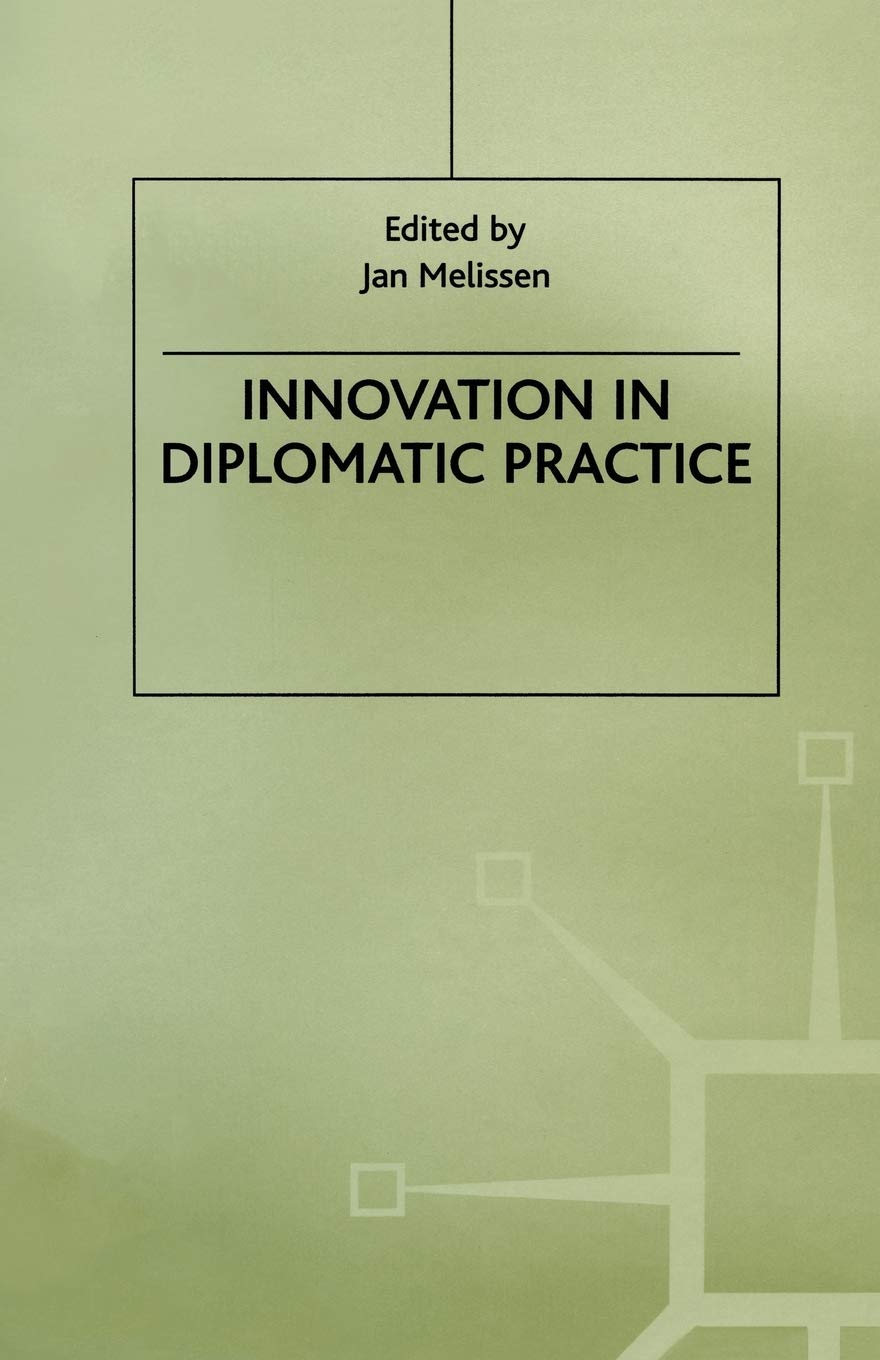
The role of the diplomatic corps: the US-North Korea talks in Beijing, 1988-94
In J. Melissen (ed.), Innovation in Diplomatic Practice, pp. 214-30 (Macmillan, London, 1999), ISBN 0-333-69122-9/
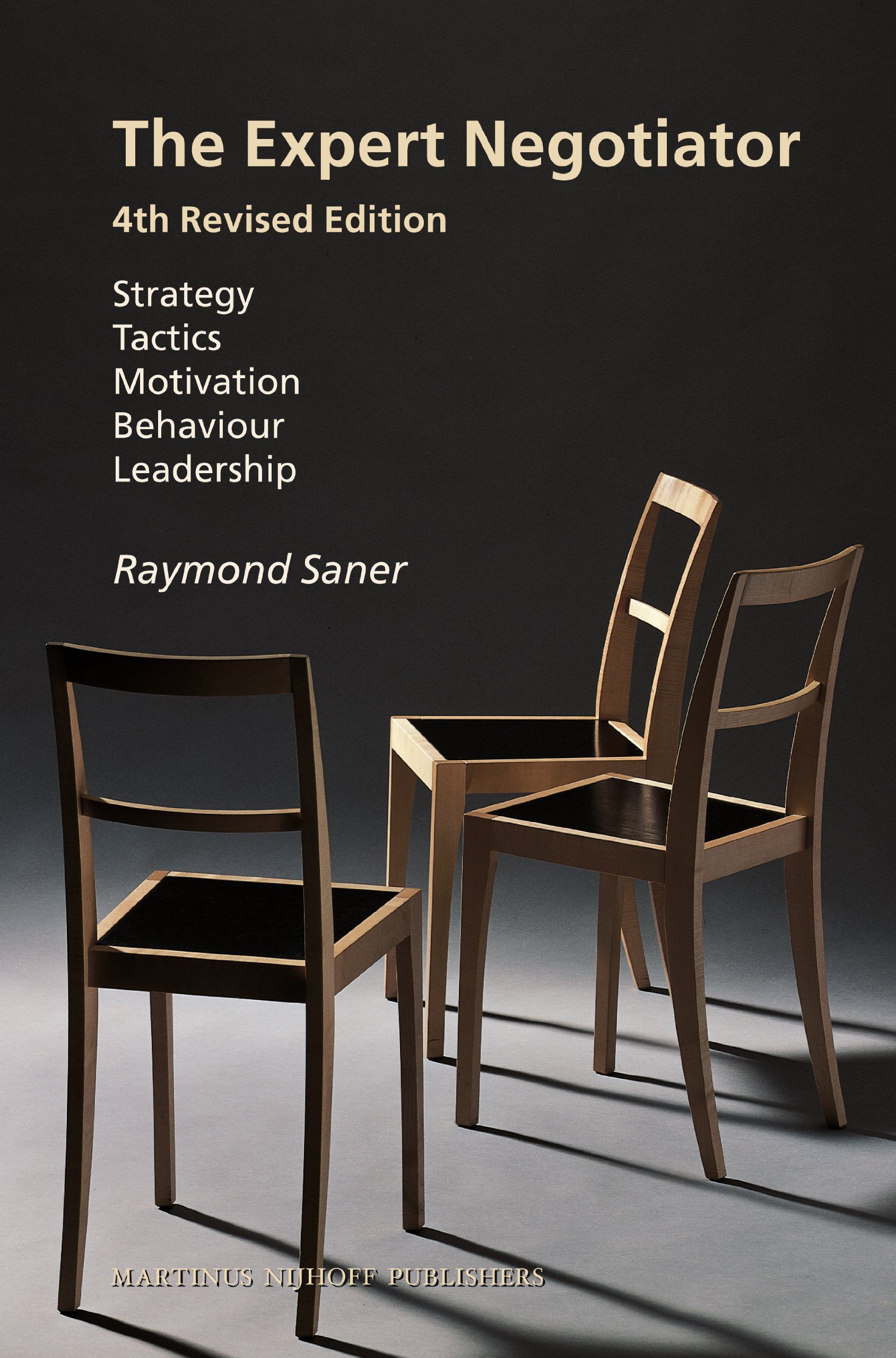
The Expert Negotiator: Strategy, Tactics, Motivation, Behaviour and Leadership
The key points on negotiation strategies, tactics, motivation, behavior, and leadership are covered in the book "The Expert Negotiator." It provides valuable insights and guidance on enhancing negotiation skills.
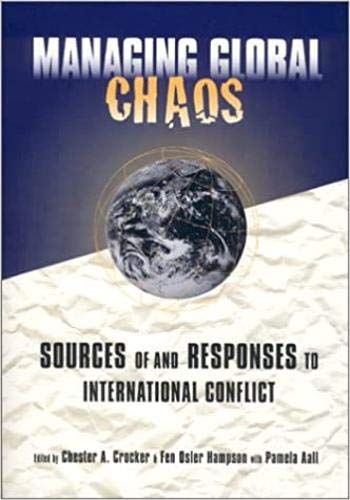
Managing Global Chaos
The message deals with strategies for managing global chaos. It discusses the importance of adaptability, resilience, and communication in navigating turbulent international waters. Leaders are advised to anticipate challenges, foster collaboration, and maintain a proactive approach to addressing crises on a global scale. The text emphasizes the need for flexibility and innovation to effectively manage chaos in a rapidly changing world.
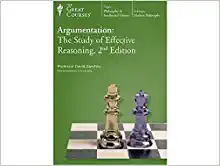
Argumentation: The Study of Effective Reasoning
The message emphasizes the importance of argumentation as the study of effective reasoning.

Renegotiating Health Care: Resolving Conflict to Build Collaboration
In the text "Renegotiating Health Care: Resolving Conflict to Build Collaboration," the author elaborates on the importance of resolving conflicts within the healthcare system to foster collaboration and improve patient care.
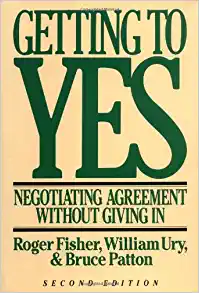
Getting to Yes: Negotiating Agreement Without Giving In
Getting to Yes" by Roger Fisher and William Ury presents a method of negotiation that focuses on reaching mutual agreements without compromising. Key principles include separating people from the problem, focusing on interests rather than positions, generating options for mutual gain, and insisting on objective criteria. The book emphasizes the importance of communication, understanding the other party's perspective, and creating solutions that benefit both parties. By implementing these strategies, negotiators can achieve successful outcomes while maintaining positive relationships.

Consensus Rule Processes
The text highlights the benefits and challenges of consensus processes, emphasizing that while they ensure decisions meet all parties' interests and garner support, they can be slow, have a high probability of failure, and may not work for quick decisions, favoring those who oppose change and can delay progress by refusing compromise, necessitating control of escalation and skilled facilitation for successful outcomes.
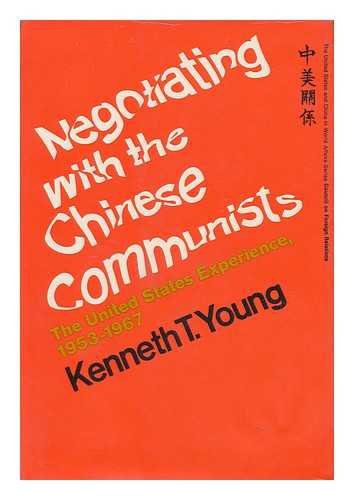
Negotiating with the Chinese Communists: The United States Experience, 1953-1967
The message provides a summary of the negotiation process with the Chinese Communists between 1953 and 1967, focusing on the United States' experience.
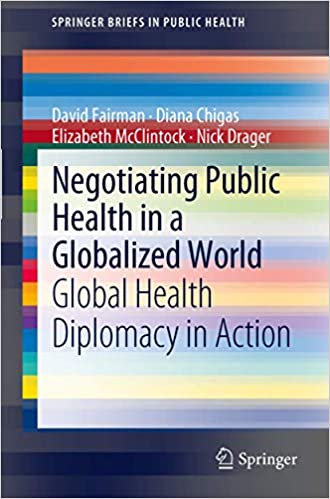
Negotiating Public Health in a Globalized World: Global Health Diplomacy in Action
The text is about the challenges and opportunities of negotiating in the global health diplomacy landscape, emphasizing the importance of collaboration and innovation to address public health issues on a global scale.
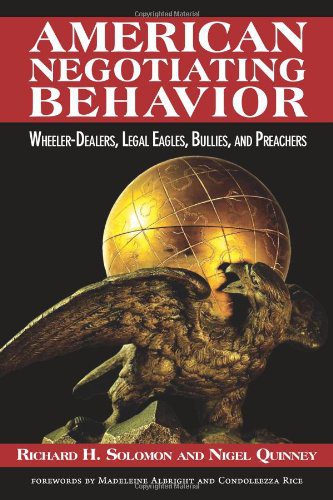
American Negotiating Behaviour: Wheeler-Dealers, Legal Eagles, Bullies, and Preachers
The text discusses various negotiating behaviors commonly observed in Americans, categorizing them as wheeler-dealers, legal eagles, bullies, and preachers.
Negotiating the International Health Regulations
The International Health Regulations require effective negotiation to address global health issues, focusing on building consensus among countries, ensuring transparency, and fostering cooperation to promote public health security and response to health emergencies.
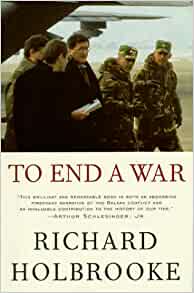
To End a War
The text is about the importance of peace negotiations as a way to end a war, highlighting the complexity and challenges involved in reaching a resolution through dialogue and compromise. It emphasizes the need for both parties to prioritize understanding and cooperation in order to achieve a lasting peace.
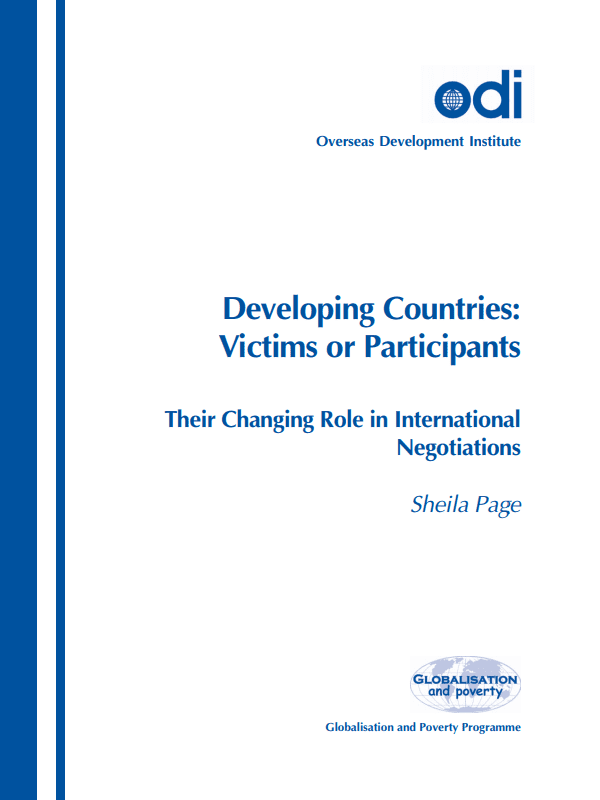
Developing Countries: Victims or Participants? Their Changing Role in International Negotiations
The roles of developing countries in international negotiations are evolving from being seen as victims to active participants. They are now asserting themselves and playing more significant roles in shaping global policies and agreements.
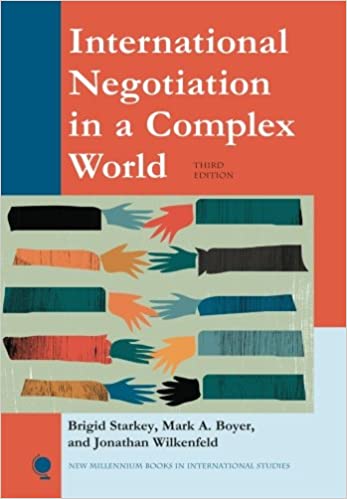
International Negotiation in a Complex World
The field of international negotiation is complex due to various factors such as cultural differences, power dynamics, and political considerations. Negotiators must navigate these complexities to reach successful agreements that benefit all parties involved.
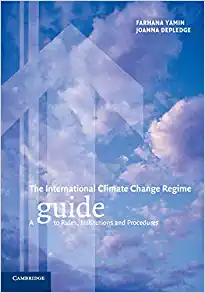
The International Climate Change regime: A Guide to Rules, Institutions and Procedures
The International Climate Change regime is a comprehensive guide that outlines the rules, institutions, and procedures related to addressing climate change on a global scale.
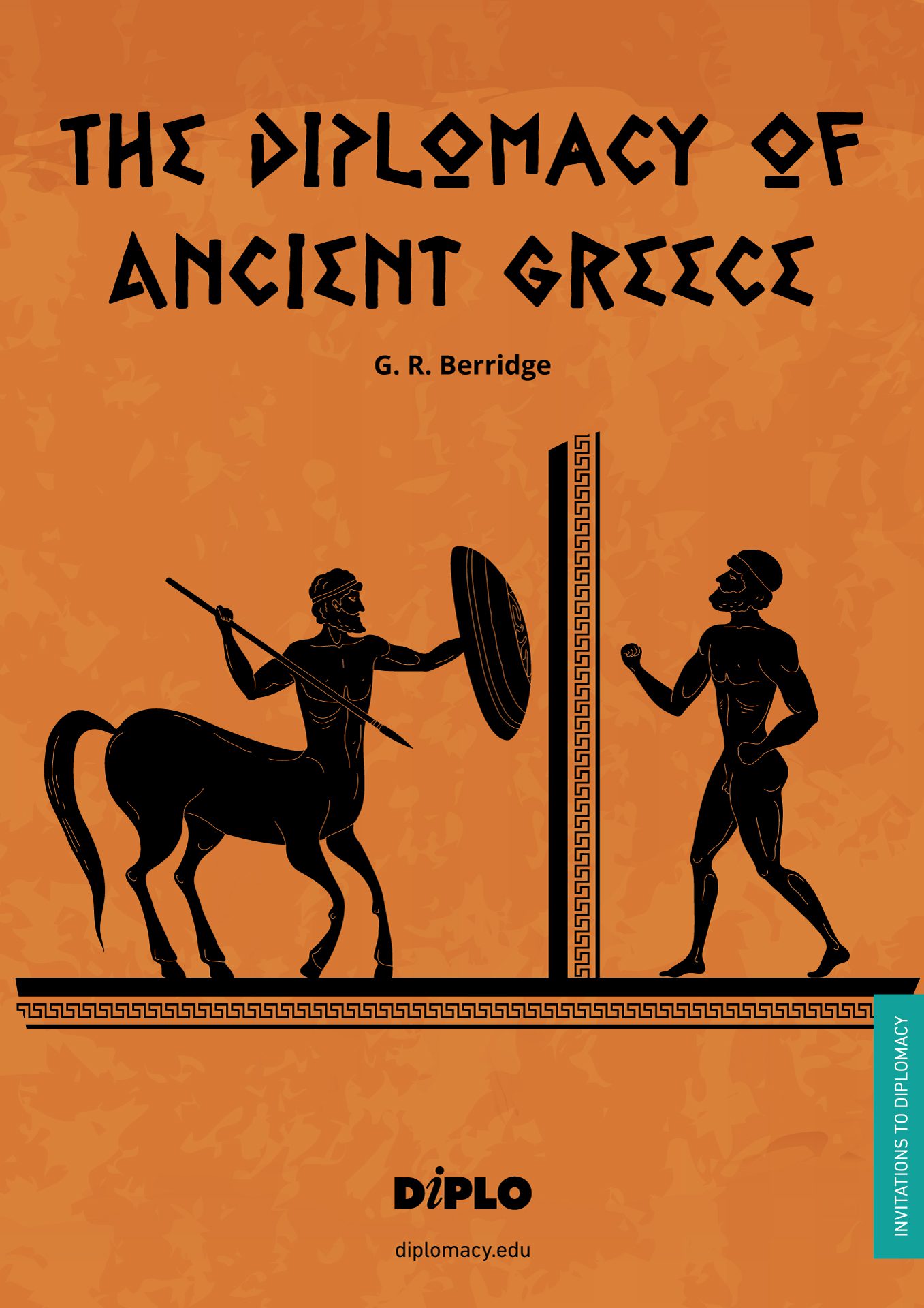
The Diplomacy of Ancient Greece – A Short Introduction
Employed against a warlike background, the diplomatic methods of the ancient Greeks are thought by some to have been useless but by others to have been the most advanced seen prior to modern times.
The Negotiator’s Secret: More than Merely Effective
The Negotiator's Secret: More than Merely Effective. This text elaborates on a powerful secret employed by skilled negotiators, emphasizing that true success lies not only in effectiveness but also in fostering genuine connections, understanding motivations, and building trust. It highlights the importance of empathy, active listening, and adaptability as key components for achieving favorable outcomes in negotiations.
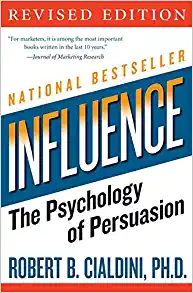
Influence: The Psychology of Persuasion
Influence: The Psychology of Persuasion" explores the principles of influence and persuasion, delving into why people say yes to requests. Through research and examples, it sheds light on the factors that influence decision-making and offers insights on how to navigate these tactics in everyday interactions. Understanding these principles can help individuals become more aware of subtle persuasion techniques and make more informed choices in various situations.
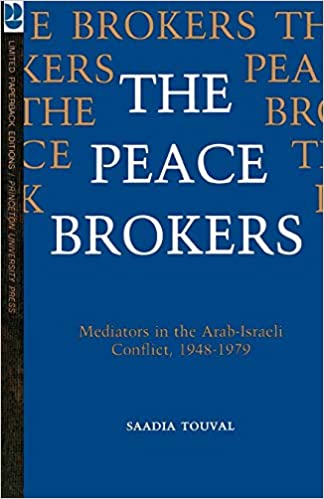
The Peace Brokers: Mediators in the Arab-Israeli Conflict, 1948-79
The text discusses the role of mediators in the Arab-Israeli conflict from 1948 to 1979.
Track I Diplomacy
Track I Diplomacy emphasizes official, government-to-government interactions to address international issues. It involves high-level officials and diplomats engaging in negotiations, conferences, and treaties to promote peace and cooperation between nations. This type of diplomacy focuses on formal channels and is often used to resolve conflicts and establish agreements on a global scale.
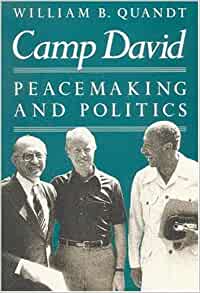
Camp David: Peacemaking and Politics
The Camp David Accords were pivotal in bringing peace between Israel and Egypt, mediated by President Carter in 1978, despite challenges and initial reluctance. This historic agreement demonstrated the value of diplomatic efforts and personal relationships in resolving conflicts.
The Matrix of Face: An Updated Face-Negotiation Theory
The message provides an in-depth discussion on the updated Face-Negotiation Theory, titled "The Matrix of Face.

Cyprus: the search for a solution
Lord Hannay, a senior British diplomat with great experience of multilateral diplomacy, retired in 1995 but was then persuaded to accept the position of Britain’s Special Representative for Cyprus. In this role he played an influential part in the UN-led effort to broker a settlement to the Cyprus conflict until the negotiations temporarily foundered in May 2003, when, with a mixture of relief and regret, he stepped down. (There is a postscript on the referendums held on the island in 2004 on the fifth version of Kofi Annan’s settlement plan.) He has written a brilliant account of the cour...

Discourse on the Art of Negotiation
The translators of this modest, entirely abstract but nevertheless rather uplifting work on diplomacy, first published in French in 1737, are not new to the task of making the writings of Pecquet, a senior official in the French foreign ministry in the early eighteenth century, accessible to English readers, having earlier translated his philosophical tract, Diverse Thoughts on Man.
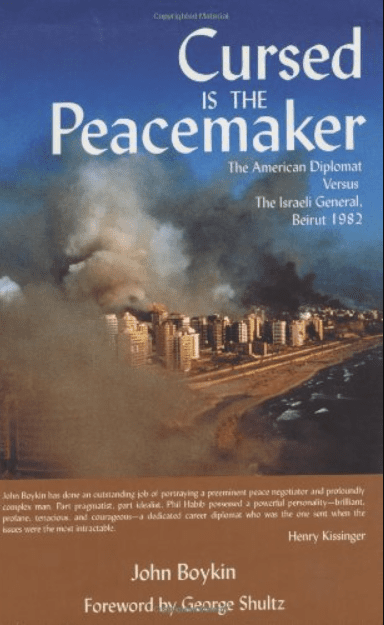
Cursed is the Peacemaker: The American Diplomat Versus the Israeli General, Beirut 1982
Philip Habib, a Brooklyn-born son of Lebanese immigrants, joined the US Foreign Service in 1949. Tough, direct, highly intelligent, and a gifted negotiator, by 1965 he had achieved the position of political counsellor in the hottest of all US embassies, Saigon. Thereafter – with an interlude as ambassador to South Korea – he rose quickly to the top of the bureau of East Asian and Pacific affairs. In 1976 he was appointed undersecretary of state for political affairs, the number three job in the State Department. Such was his diplomatic reputation by this time that, despite having been appo...
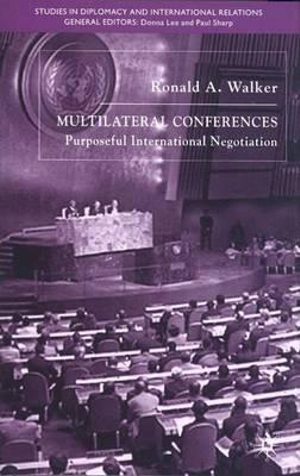
Multilateral Conferences: Purposeful International Negotiation
The message will provide insights on the purpose and significance of multilateral conferences in facilitating international negotiations.
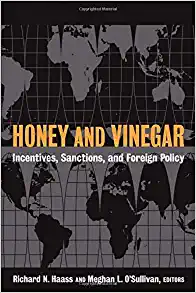
Honey & Vinegar: Incentives, Sanctions & Foreign Policy
Buttressed by input from scholars, diplomats, and observers with an intimate knowledge of U.S. foreign policy, Honey and Vinegar examines "engagement"—strategies that primarily involve the use of positive incentives.
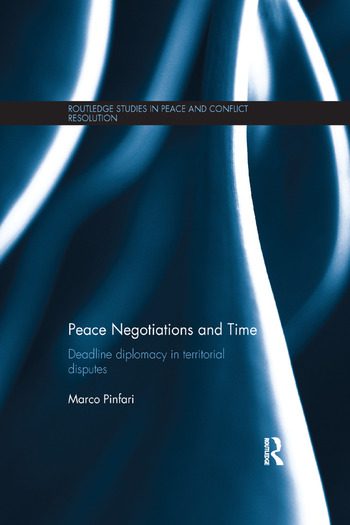
Peace Negotiations and Time: Deadline Diplomacy in Territorial Disputes
The text discusses the importance of time in peace negotiations for territorial disputes, emphasizing how deadlines can impact diplomacy and the need for effective time management in reaching agreements.
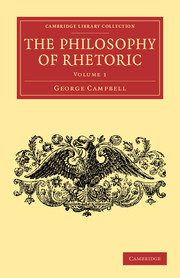
Philosophy of Rhetoric
The author introduces a series of Essays on Rhetoric, explaining their origins and interconnection. This work has been a lifelong pursuit since 1750 and is structured based on a plan laid out in the first two chapters.
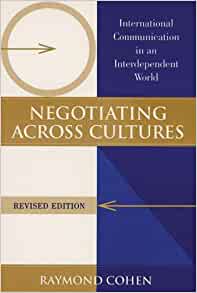
Negotiating across cultures
The text is about the importance of understanding cultural differences in negotiations. It highlights the need for awareness of varying communication styles, etiquette, and values when engaging in cross-cultural negotiations. By acknowledging and respecting cultural nuances, negotiators can build trust, establish rapport, and achieve successful outcomes in diverse settings.
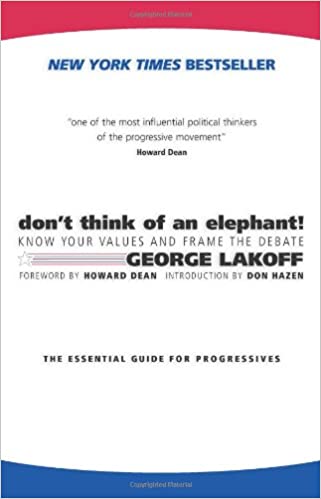
Don’t Think of an Elephant: Know Your Values and Frame the Debate
In "Don't Think of an Elephant: Know Your Values and Frame the Debate," the author emphasizes the importance of understanding values and framing in shaping debates effectively.
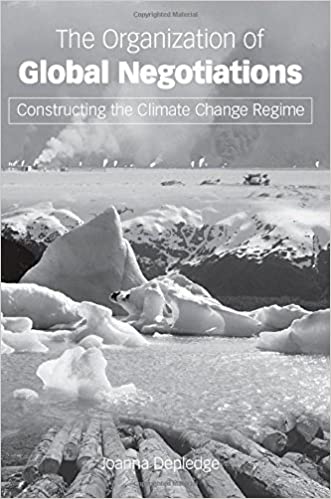
The Organization of Global Negotiations: Constructing the Climate Change Regime
The text discusses the importance of organizing global negotiations to construct the Climate Change Regime effectively.
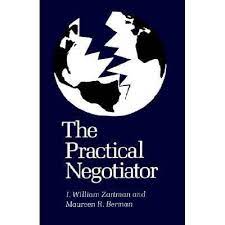
The Practical Negotiator
The Practical Negotiator offers insights and strategies for effective negotiation, emphasizing the importance of preparation, understanding the other party, and maintaining a win-win mindset. It highlights the significance of communication, flexibility, and problem-solving in achieving mutually beneficial agreements. The book aims to enhance negotiation skills and deliver practical guidance for successful outcomes in various scenarios.
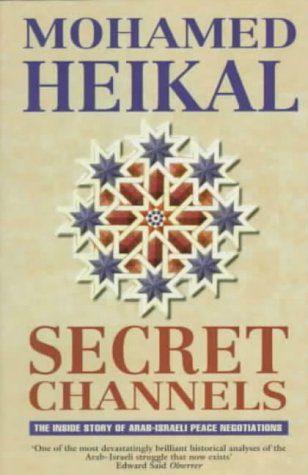
Secret Channels: The Inside Story of Arab-Israeli Peace Negotiations
Secret Channels: The Inside Story of Arab-Israeli Peace Negotiations" delves into the clandestine negotiations that paved the way for peace agreements between Arab nations and Israel. It provides insight into the complexities, challenges, and breakthroughs that occurred during these diplomatic efforts, offering a behind-the-scenes look at the intricate process of brokering peace in the Middle East.
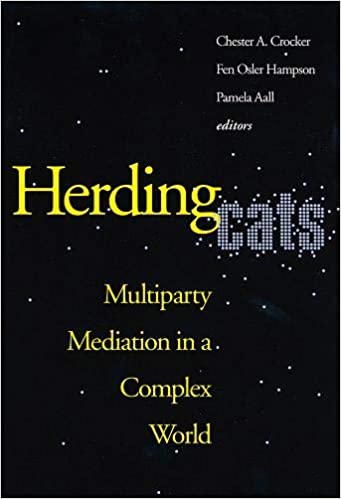
Herding Cats: Multiparty Mediation in a Complex World
Review by Geoff Berridge
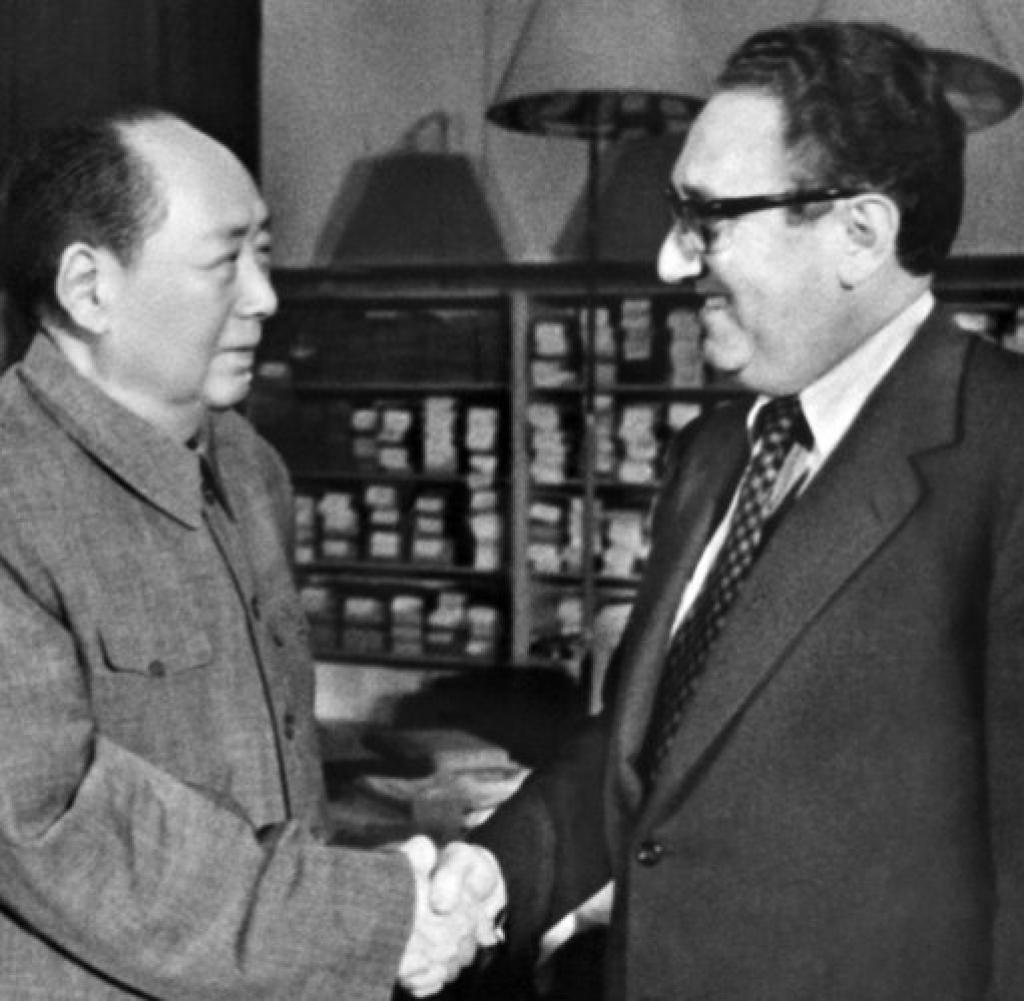
The Beijing-Washington Back-Channel and Henry Kissinger’s Secret Trip to China
The text discusses the Beijing-Washington back-channel and Henry Kissinger's covert visit to China.

How the ‘inscrutables’ negotiate with the ‘inscrutables’: Chinese negotiating tactics vis-à-vis the Japanese
I had the opportunity to participate in the five major negotiations between China and Japan from 1972 to 1975 (i.e., the talks over the normalization of diplomatic relations, and the aviation, trade, shipping and fishery agreements), and to observe the tactics, both offensive and defensive, used by the Chinese participants. Personal impressions are bound to be biased, but fortunately there are at least two books which give us detailed accounts of negotiations between China and Japan in the post-war period. These are The Record of Fishery Talks between China and Japan and The Secret Memorandum ...
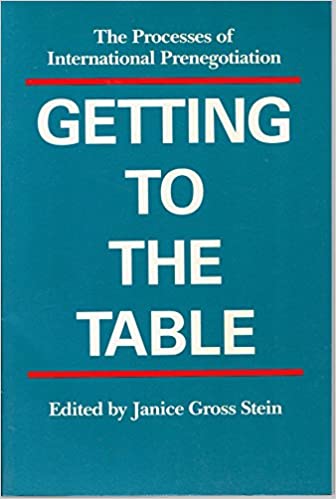
Getting to the Table: The Process of International Prenegotiation
The discussed text focuses on the process of international prenegotiation, highlighting the importance of understanding the dynamics and relationships between parties before formal negotiations begin.
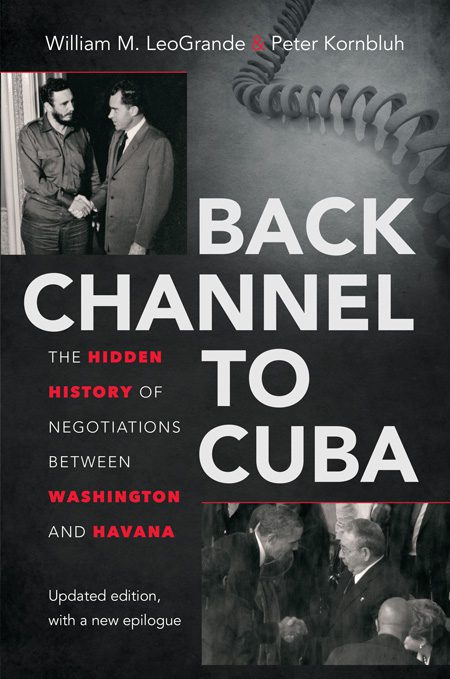
Back Channel to Cuba: The hidden history of negotiations between Washington and Havana
This book went to press after the much-publicised handshake between US president Barack Obama and Cuban president Raul Castro at the memorial service for Nelson Mandela in December 2013 – but before their historic, simultaneous announcements a year later, assisted by a prisoner exchange and the good offices of the Vatican, that they were resolved to end their 50 years of estrangement and normalise relations.

Talking to Americans: Problems of language and diplomacy
Part of Language and Diplomacy (2001): Professor Paul Sharp discusses negotiation with American mediators. He notes that most literature on negotiation is written to advise Americans and other Westerners about negotiating with foreigners.

Kosovo’s Final Status Negotiation Process: A Way Out or Cul de Sac
Kosovo's path towards independence proved to be a difficult, elongated and complex process that entailed political as well as legal implications that are argued by many scholars, and analysts nowadays.

Persuasion
In "Persuasion", the protagonist, Anne Elliot, faces societal pressures and second chances as she navigates love and relationships. This classic novel by Jane Austen explores themes of social class, family dynamics, and the consequences of past decisions on one's future. Anne's character development and resilience in the face of adversity are central to the story, making it a timeless tale of love, perseverance, and personal growth.
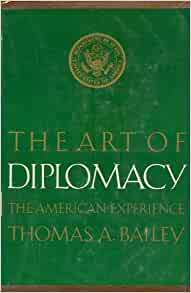
The Art of Diplomacy: The American Experience
The text explores the practice of diplomacy within the context of American history, examining the strategies, challenges, and outcomes of diplomatic efforts throughout the nation's experience.
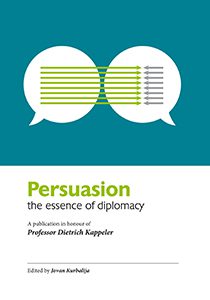
Persuasion, the Essence of Diplomacy
This journey through persuasion in diplomacy was initiated by Professor Kappeler’s long experience in both practicing diplomacy and in training diplomats.

The UN and the world diplomatic system: lessons from the Cyprus and US- North Korea talks
In Bourantonis, D. and M. Evriviades (eds), A United Nations for the Twenty-First Century(Kluwer Law International, 1996), pp. 105-16
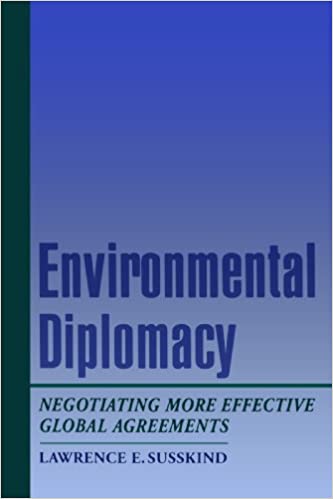
Environmental Diplomacy: Negotiating More Effective Global Agreements
The text is likely an article discussing the importance of environmental diplomacy in negotiating effective global agreements.
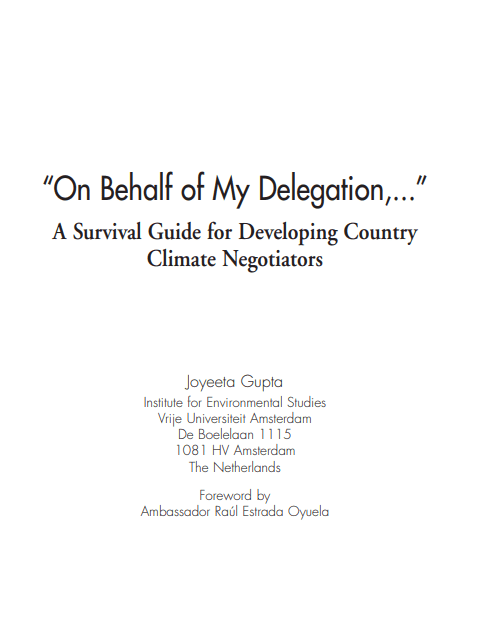
On Behalf of My Delegation,…: A Survival Guide for Developing Country Climate Negotiators
The one hundred pages of this book are in fact a useful Survival Guide for those approaching climate change negotiations for the first time. It has been written for developing country delegates, but delegates from other countries can also profit from its reading the same way that a similar survival guide for industrialized country delegates would be useful for those coming from developing countries, because it is necessary to know both sides of the story

Communication barriers to negotiation: Encountering Chinese in cross-cultural business meetings
When two negotiating parties from different cultural backgrounds attempt to communicate, the potential for disagreement and misunderstanding is great. People from other cultural backgrounds, especially from the West, often find the behaviour of Chinese negotiators strange and unintelligible. This paper examines communication barriers between Chinese, Australian and American negotiators.
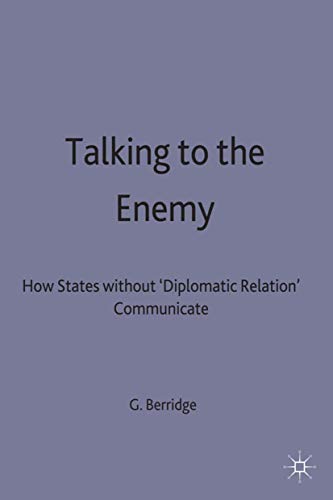
Talking to the Enemy: How states without ‘diplomatic relations’ communicate
‘This is an elegant little monograph on what Churchill once called ‘black-market diplomacy, that is, communication between states that, for one reason or another, for example, war, strained relations or non-recognition, lack the normal methods of diplomatic converse… This is illuminating work in an uncultivated field’, Percy Cradock, Prime Minister’s Foreign Policy Adviser, 1984-92, International Relations.
Prenegotiation and Mediation: The Anglo-Argentine Diplomacy after the Falklands/Malvinas War (1983-1989)
This paper studies the process of prenegotiation and the role of mediators during the negotiations between the Argentine and British governments about the dispute over the sovereignty of the Falkland/Malvinas Islands from immediately after the war of 1982 to 1990. In this period, the relationship between both governments evolved from rupture and no-relations to the agreement on the conditions to negotiate the renewal of full diplomatic relations concluded in early 1990. In a preliminary process of prenegotiation, the governments of Switzerland, initially, and the United States played a ro...

Multilateral Conferences: Purposeful International Negotiation
Ron Walker was a member of the Australian diplomatic service for 37 years, for the last 22 of which (1975-96) he specialized in multilateral diplomacy. His book on this subject is not an academic book. Instead he has done for multilateral diplomacy what Kishan Rana has done for bilateral diplomacy, namely, provided on the basis of long and wide experience, much at a senior level, a splendid handbook of practical advice for the novice.
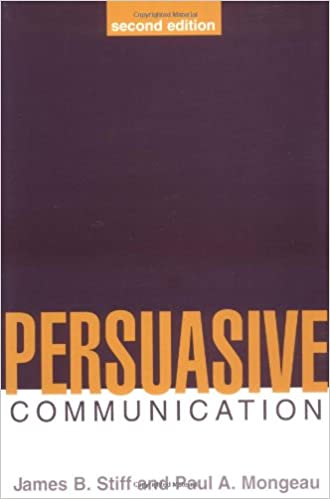
Persuasive Communication
The message provides insights and tips on Persuasive Communication. It emphasizes the importance of being clear, concise, and confident in communication to influence others effectively. It also highlights the significance of understanding the audience and tailoring the message to their needs and preferences. Overall, the message aims to help individuals improve their persuasive communication skills for better outcomes in various interactions.
Negotiating the Balkans: The Prenegotiation Perspective
The issues, the activities and the relations preceding the formal international negotiations have increasingly become an area of a special theoretical interest.
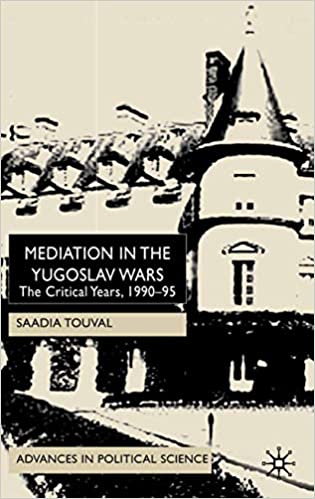
Mediation in the Yugoslav Wars: The Critical Years, 1990-95
The book "Mediation in the Yugoslav Wars: The Critical Years, 1990-95" explores the role of mediation in the Yugoslav Wars during the crucial period from 1990 to 1995. It delves into the efforts made by various individuals and organizations to mediate the conflicts that arose during this time. Through a detailed examination of mediation attempts, the book sheds light on the complexities and challenges faced in trying to bring about peace in the region.
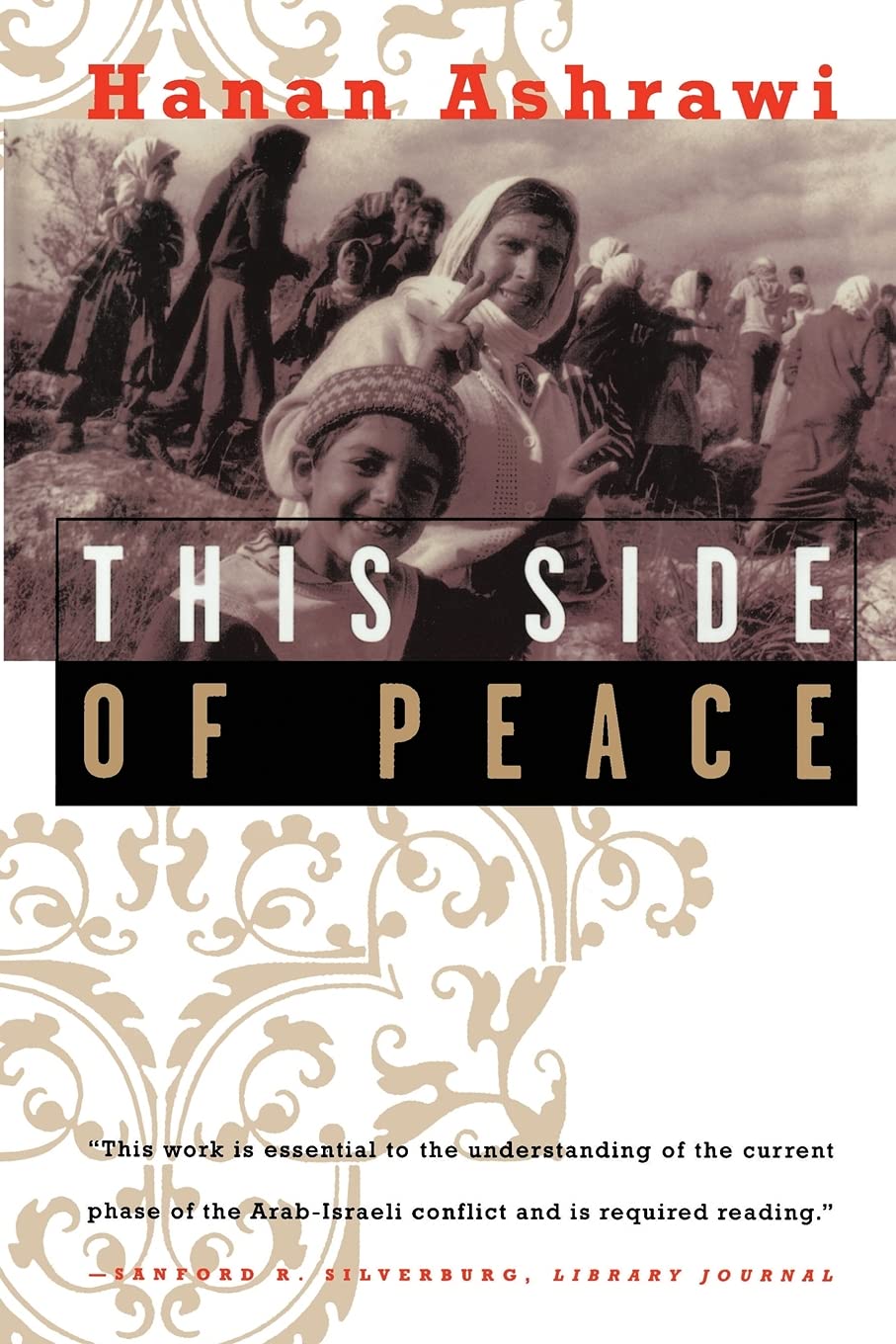
This Side of Peace: A Personal Account
This Side of Peace: A Personal Account" provides an insightful narrative detailing personal experiences related to peace.
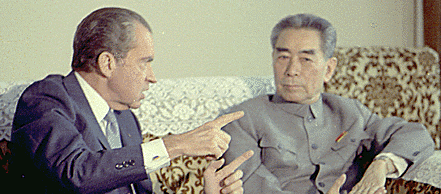
Nixon’s Trip to China
Nixon's historic trip to China in 1972 marked a significant shift in international relations. This visit helped to normalize diplomatic ties between the United States and China, as well as pave the way for future cooperation and collaboration between the two countries. It was a groundbreaking moment that showcased the power of political diplomacy in fostering positive relationships between nations.
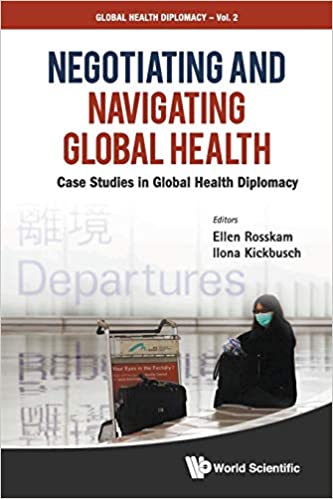
Negotiating and Navigating Global Health: Case Studies in Global Health Diplomacy
The text presents case studies illustrating the complexities and strategies involved in negotiating and navigating global health issues, shedding light on the dynamic intersection of health diplomacy and international relations.
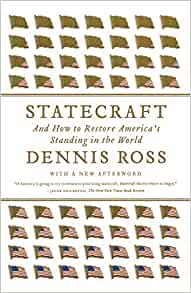
Statecraft
The essence of effective statecraft lies in the ability to navigate complex political landscapes with skill and insight. A proficient statesman must possess a keen understanding of power dynamics, diplomacy, and strategy to achieve their goals. By mastering the art of statecraft, leaders can successfully steer their nations through challenges and conflicts, securing their interests and promoting stability and prosperity.
Action-Forcing Mechanisms
The message following this prompt will discuss the concept of Action-Forcing Mechanisms, which are tools or processes designed to prompt individuals or organizations to take specific actions or make decisions within a certain timeframe. These mechanisms are often put in place to ensure accountability, compliance with regulations, or timely responses to important issues.
The impact of communication media on negotiation outcomes
Our need to understand the impact of communication media on negotiation is growing as technological advances offer negotiators more communication options.
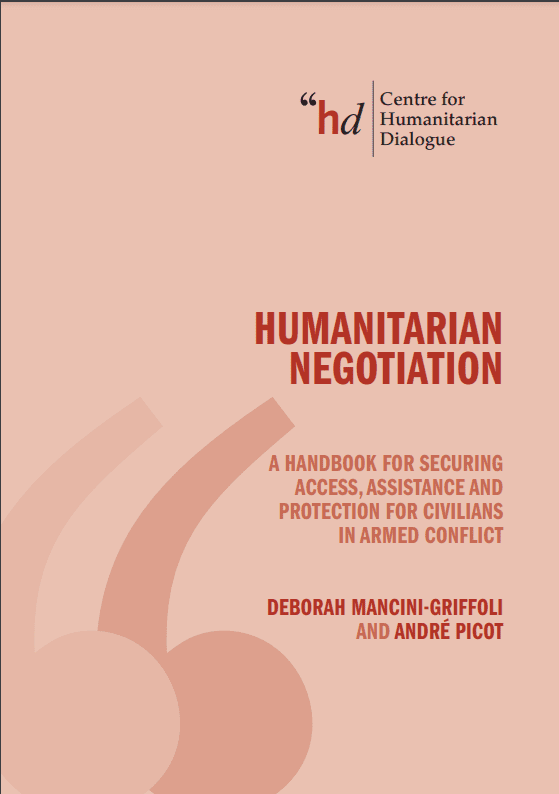
Humanitarian Negotiation: A Handbook for Securing Access, Assistance, and Protection for Civilians in Armed Conflict
This project would not have been possible without the many humanitarian workers who shared their negotiation experience with us. Interviewees are too many in number to be listed separately, but we would like to thank in particular the staff of the International Committee of the Red Cross (ICRC) in Geneva, Switzerland, and Macedonia, the staff of the United Nations High Commissioner for Refugees (UNHCR) in Geneva and Côte d’Ivoire, the members of Save the Children, representatives and inhabitants of La Maison Carrée and the refugee women of Treichville in Côte d’Ivoire, as well a...
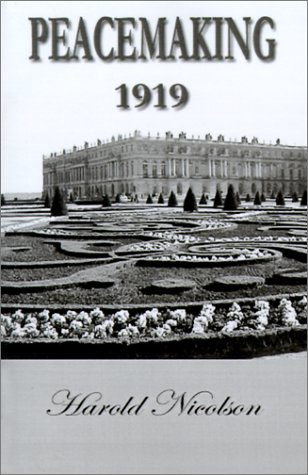
Peacemaking 1919
The message examines the peacemaking efforts of 1919, reflecting on the challenges faced during the time and lessons learned from the process.
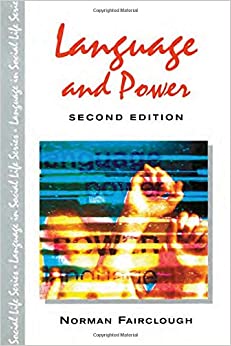
Language and Power
The text discusses the relationship between language and power, highlighting how language can be used to manipulate and control individuals and societies. It explores how those in power often dictate the norms and values through language, influencing perceptions and behaviors. The text also emphasizes the importance of recognizing and challenging power dynamics embedded in language to promote equality and social change. Language is portrayed as a tool that can both reinforce and challenge power structures within a society.
Equity and state representations in climate negotiations
The text examines the dynamics of equity and state representations within climate negotiations, highlighting the complexities and challenges of addressing fairness and inclusivity in global climate governance.

Negotiations: Social-Psychological Perspectives
The text discusses the social-psychological perspectives on negotiations, exploring the various factors that influence negotiation processes and outcomes.

Humanitarian Negotiations with Armed Groups: A Manual and Guidelines for Practitioners
The manual provides guidance for practitioners engaging in negotiations with armed groups in humanitarian settings, emphasizing the importance of effective communication, building trust, and understanding the motivations of armed groups. It outlines key principles and strategies to ensure successful humanitarian negotiations and highlights the critical role of negotiation skills in securing access to deliver aid to vulnerable populations.
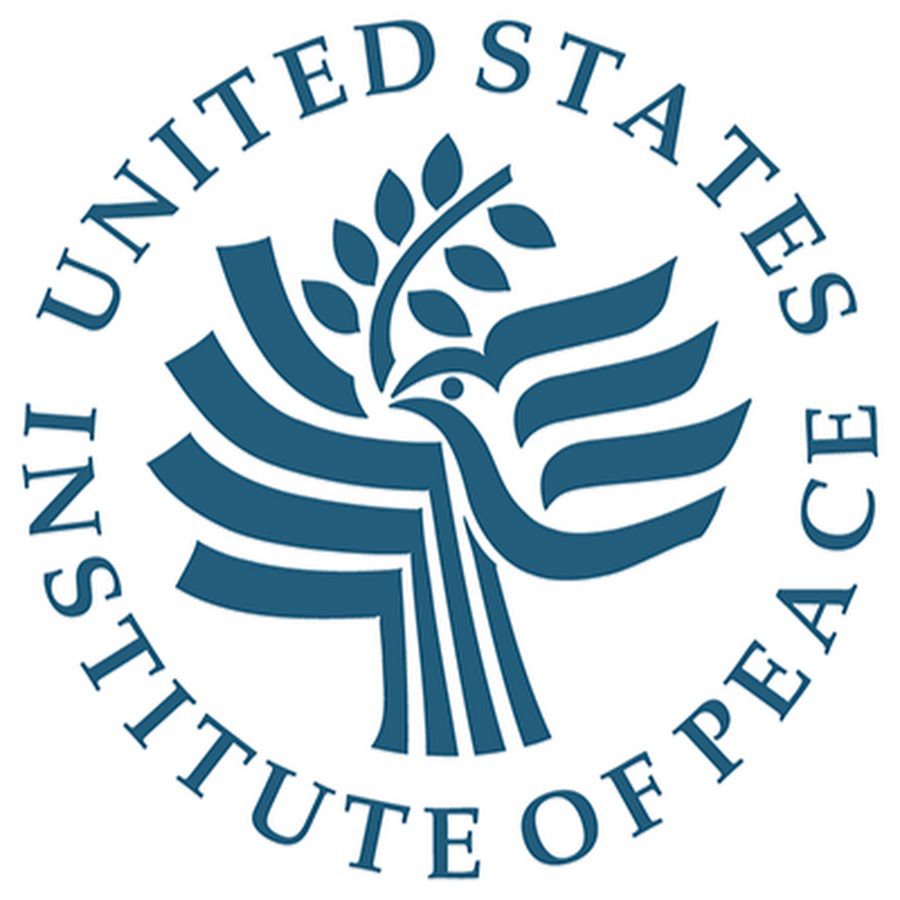
Peacemaker’s Toolkit
The Peacemaker's Toolkit is a resource that introduces principles and strategies for resolving conflicts peacefully. It discusses the importance of active listening, empathy, reframing perspectives, and collaboration in mediation. The toolkit emphasizes the value of communication, understanding, and cooperation in conflict resolution.
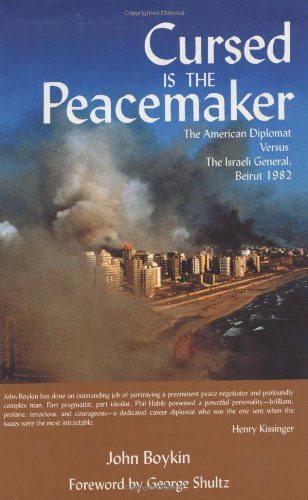
Cursed is the Peacemaker: The American Diplomat [Philip Habib] Versus the Israeli General, Beirut 1982
The text discusses the tense situation between American diplomat Philip Habib and Israeli General in Beirut in 1982.

Language and negotiation: A Middle East lexicon
Part of Language and Diplomacy (2001): Professor Raymond Cohen writes that "when negotiation takes place across languages and cultures the scope for misunderstanding increases. So much of negotiation involves arguments about words and concepts that it cannot be assumed that language is secondary." With numerous examples of the culturally-grounded references, associations and nuances of certain words and phrases in English and the Middle Eastern languages (Arabic, Turkish, Farsi and Hebrew), Cohen introduces his project of developing a negotiating lexicon of the Middle East as a guide for condu...

The Search for Peace
The text discusses the importance of seeking peace within oneself and in the world around us. It emphasizes the impact of personal inner peace on creating a harmonious environment globally. The text suggests that by finding peace within ourselves, we can contribute to fostering peace on a larger scale.
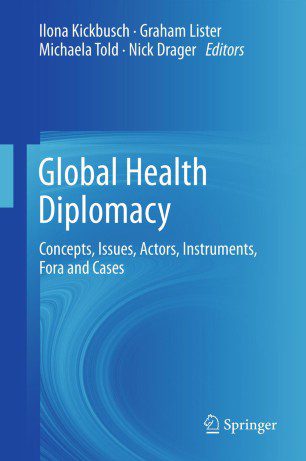
Global Health Diplomacy: Concepts, Issues, Actors, Instruments, Fora and Cases
The message provides information on global health diplomacy, covering concepts, issues, actors, instruments, fora, and cases.
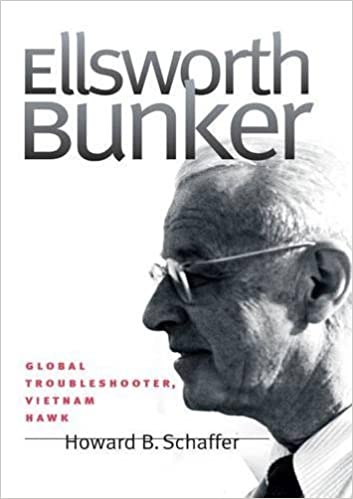
Ellsworth Bunker: Global Troubleshooter, Vietnam Hawk
The message focuses on the life and career of Ellsworth Bunker, depicting him as a global troubleshooter and a Vietnam Hawk.
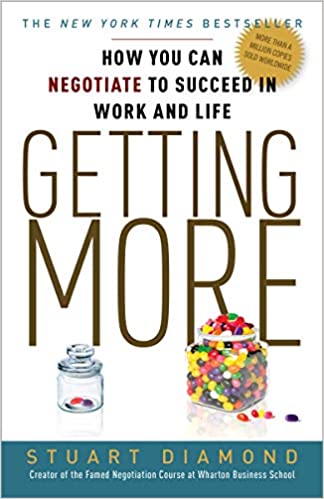
Getting More: How You Can Negotiate to Succeed in Work and Life
The text is about the importance of negotiation skills in work and life, as discussed in the book "Getting More: How You Can Negotiate to Succeed in Work and Life.
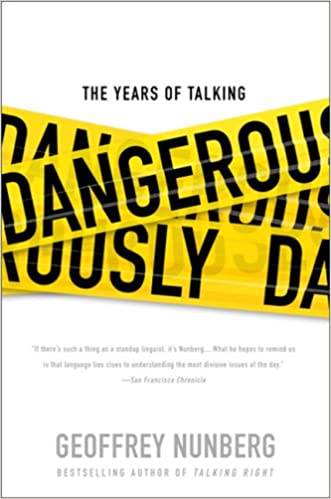
The Years of Talking Dangerously
In "The Years of Talking Dangerously," the author delves into the complexities of communication in modern times, exploring how words can impact relationships, society, and even global events. The book examines the power of language to shape perceptions and provoke change, emphasizing the importance of thoughtful dialogue in navigating the challenges of today's world.

Message on Switzerland’s International Cooperation in 2013-2016
The text discusses Switzerland's international cooperation activities from 2013 to 2016.
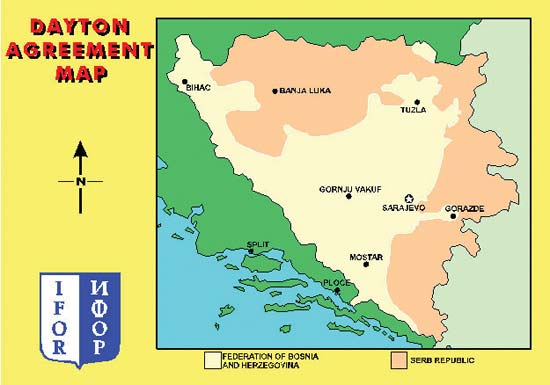
The Secret History of Dayton: U.S. Diplomacy and the Bosnia Peace Process 1995
The Secret History of Dayton: U.S. Diplomacy and the Bosnia Peace Process 1995 recounts the behind-the-scenes negotiations and strategies employed by American diplomats during the Dayton Peace Accords that ended the Bosnian War. The U.S. played a crucial role in brokering peace between the warring factions and outlining the terms of the agreement that led to the successful resolution of the conflict.
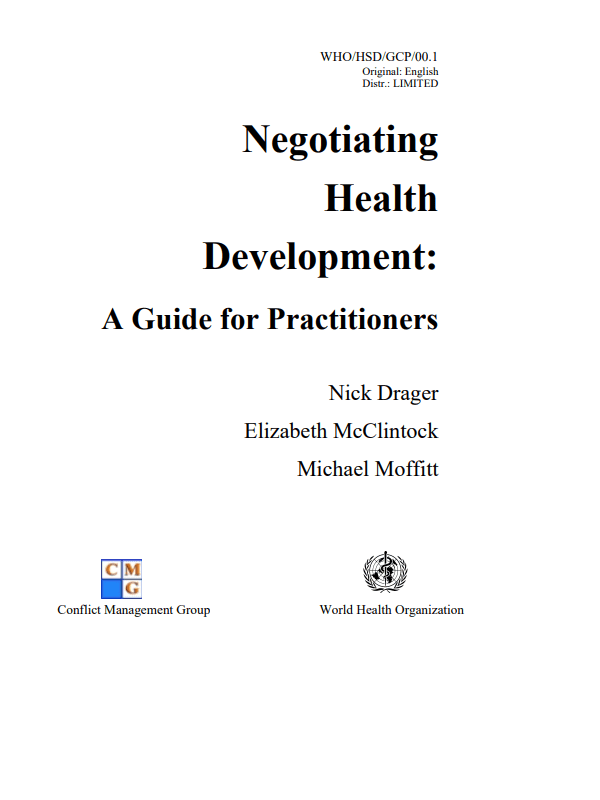
Negotiating Health Development: A Guide for Practitioners
The text provides guidance for practitioners on negotiating health development.

EU Turkey negotiations: Obstacles to Turkey’s application to join the EU
Turkey’s accession to the European Union is one of the most controversial topics the EU faces. There is a division both between EU Politicians and European citizens about Turkey’s accession to the EU. For a number of factors, the Turkish application has not been perceived by the EU in the same way as other applications. In fact, various Chapters are blocked due to the uneasy relationship which exists between Turkey and some EU Member States.

Language and Diplomacy: Preface
Part of Language and Diplomacy (2001): In the preface below, Jovan Kurbalija and Hannah Slavik introduce the chapters in the book, and extract the general themes covered by the various authors.
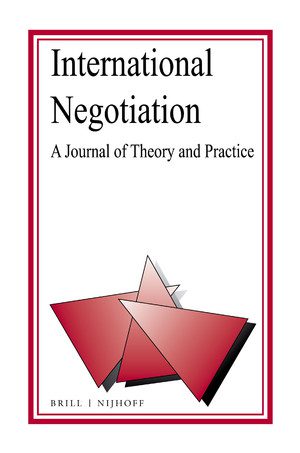
Ripeness theory and the Oslo talks
The text discusses the relevance of ripeness theory in the context of the Oslo talks.
Track 2 diplomacy and Pakistan
Track 2 diplomacy refers to unofficial interactions involving non-governmental actors to facilitate communication and conflict resolution. In the context of Pakistan, such diplomacy can help bridge gaps between governments, promote understanding, and contribute to peaceful resolutions of issues.
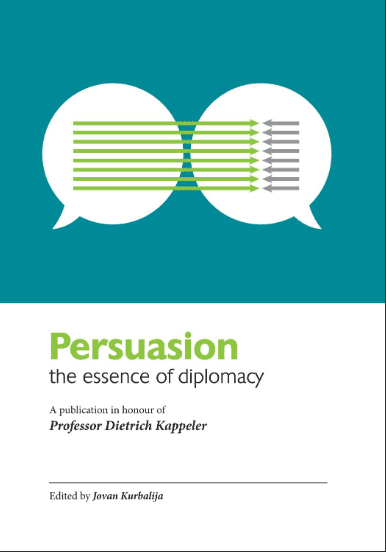
Persuasion through negotiation at the Congress of Vienna 1814-1815
Dr Paul Meerts discusses persuasion in the context of the Vienna Congress (1814–1815), one of the most successful diplomatic events in history. The Vienna Congress created long-lasting peace and set the basic rules of multilateral diplomacy and protocol. Dr Meerts’s paper focuses on how the Vienna Congress addressed one of the main challenges of any negotiations: the more actors you have around the table, the less effective those negotiations are.

Persuasion as the step towards convergence in negotiations
Ambassador Victor Camilleri argues that the essence of diplomacy is a search for a point of convergence. Persuasion is one of the methods through which a point of convergence can be reached. He gives central relevance in diplomacy to the firm grasp of the essential points of negotiation, including assessment of balance of force. This article analyses persuasion in multilateral diplomacy through a case study the Maltese initiative on the ‘Common heritage of mankind’.
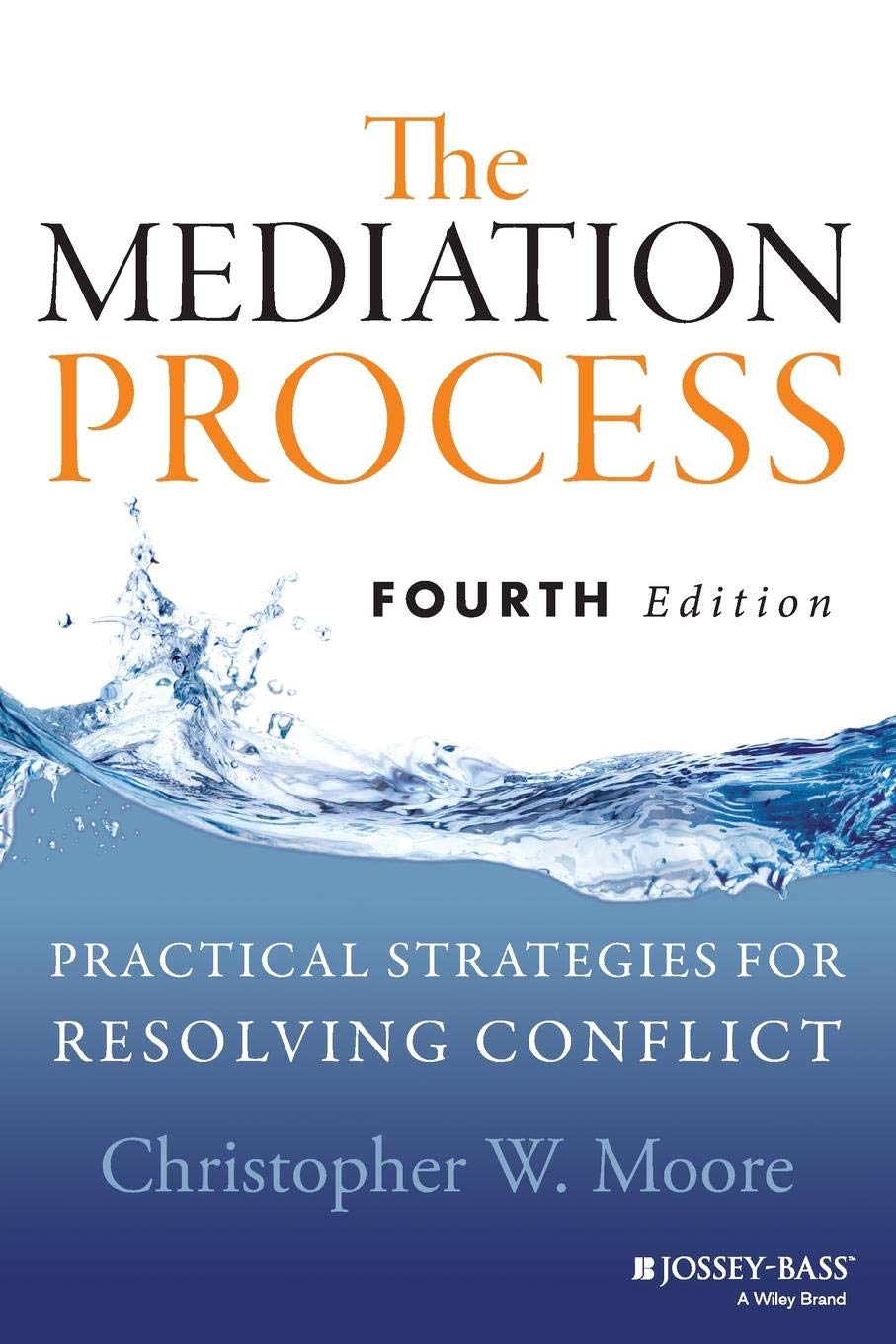
The Mediation Process: Practical Strategies for Resolving Conflict
The Mediation Process: Practical Strategies for Resolving Conflict offers guidance on effectively resolving conflicts through mediation.

Dialogue-based Public Diplomacy: A New Foreign Policy Paradigm?
The text explores dialogue-based public diplomacy as a potential new foreign policy paradigm, analyzing its effectiveness and implications for diplomatic practice in contemporary international relations.
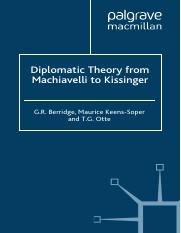
Diplomatic Theory from Machiavelli to Kissinger
The discussion in the text centers on the evolution of diplomatic theory from Machiavelli's emphasis on power politics to Kissinger's approach of balancing power and morality in international relations. It explores how these different perspectives have influenced diplomatic strategies throughout history, ultimately shaping the field of diplomacy.
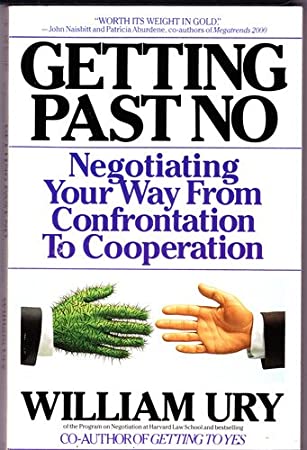
Getting Past No: Negotiating Your Way from Confrontation to Cooperation
The text titled "Getting Past No: Negotiating Your Way from Confrontation to Cooperation" discusses strategies for overcoming resistance in negotiations and finding mutually beneficial solutions.
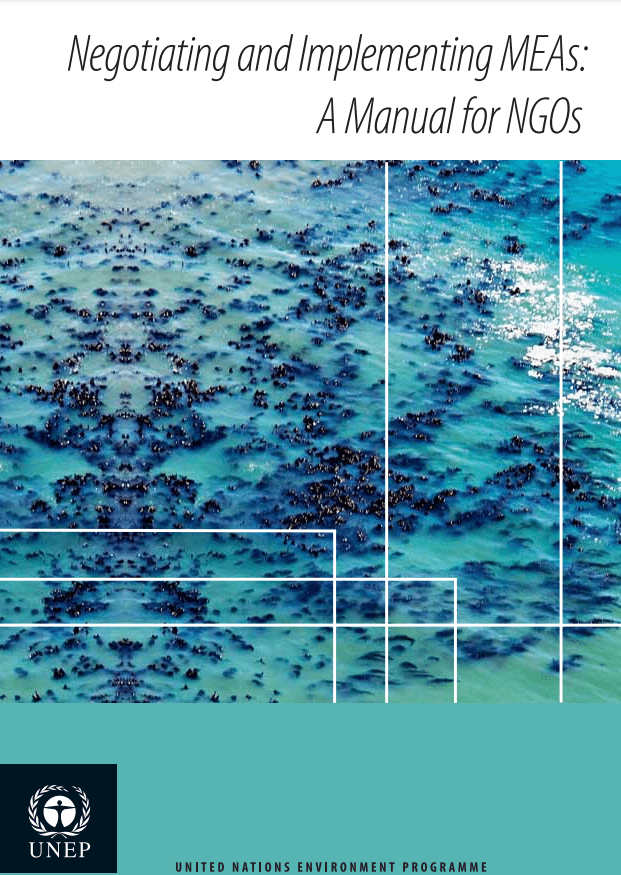
Negotiating and Implementing MEAs: A Manual for NGOs
The manual provides guidance for non-governmental organizations on negotiating and implementing Multilateral Environmental Agreements (MEAs). It offers practical advice and strategies for NGOs to effectively participate in these processes, ensuring their voice is heard and their expertise is utilized in shaping environmental policies at the international level.
The latest from Diplo and GIP
Tailor your subscription to your interests, from updates on the dynamic world of digital diplomacy to the latest trends in AI.
Subscribe to more Diplo and Geneva Internet Platform newsletters!
Diplo: Effective and inclusive diplomacy
Diplo is a non-profit foundation established by the governments of Malta and Switzerland. Diplo works to increase the role of small and developing states, and to improve global governance and international policy development.


